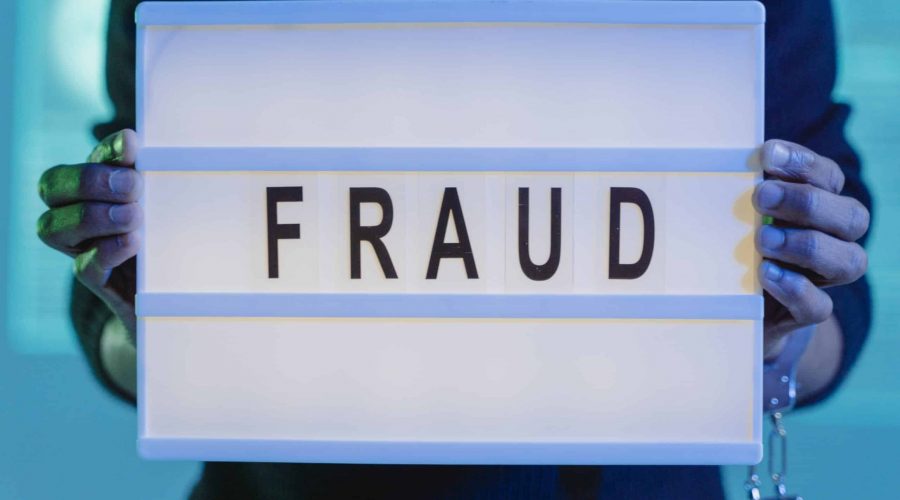I don’t know about you, but lately I’ve been getting a lot of calls from financial scammers
My email inbox, and even my voicemail has unwanted messages, typically from people asking me to pay them while pretending to be someone else.
If this sounds vaguely familiar it’s because it’s so common, and I’d wager it’s become worse because of the COVID pandemic and financial strain.
According to RateCity research director Sally Tindall, “Financial scammers are getting more sophisticated every day.
“Many unsuspecting Australians are being duped by unsolicited text messages, emails or phone calls that can sometimes seem legitimate,” she said.
Here’s the stats:
- 99% of Australian adults have recently been exposed to a scam or fraud.
- 66% deal with a scam attempt every week.
- 29% fend off a scam attempt every day.
- 34% know someone who has lost more than $150,000 to a scam.
So, if you have been affected, here’s some things that might just help them stop so you can get on with life.
How to protect yourself from financial scammers?
- If you receive a call from someone wanting you to pay them, or claiming they are someone or an organisation and they want payment, first note their number or ask for it, then hang up, then check if their story is real by calling the actual organisation on their official phone number.
- Never give out any personal or financial information
- Contact your telco to seek assistance. You can block numbers and ask to go on a filtered list and anti-marketing list.
- Report the scam to ACCC’s Scamwatch
- Report the scam to ReportCyber
- If bank fraud has been committed, report it to your bank or financial institution immediately and also to the police.
What to do if you suspect you’ve been hacked?
- Check your card and bank statements regularly – if you notice any unusual purchases on your statement, report it to your bank. Banks take fraud seriously and will try to recover any lost money for you.
- Get a free copy of your credit history – check that all personal information and the loans and debts listed are correct. It’s free to request a copy of your credit file every 12 months.
- Fix any errors – if something is wrong or out of date, contact the reporting agency and ask them to fix it, it’s a free service. If any loans or debts in your report aren’t correct, contact the bank immediately.
- Report it – it’s important to notify the appropriate agency (this will depend on the type of scam – it could be your bank, the ACCC Scamwatch, ASIC, Centrelink/Medicare, or the Police) so they can investigate and warn the community to take action.
How to protect yourself from financial scams
- Use strong passwords – to make it harder for scammers to hack.
- Be careful when shopping online – only shop on websites that you trust and make sure the website is secure. It will show a closed padlock or key in the URL.
- Check your credit score monthly – if you notice any unexpected changes to your score, it could be a red flag that something is wrong and should be investigated.
- Avoid public Wi-Fi – if using a public Wi-Fi network, don’t send or receive sensitive information or login to your banking or social media accounts.
- Review your privacy, security settings and passwords on social media – if you use social networking sites like Facebook or Instagram, review your options for privacy.
How to protect yourself from spoofing.
Spoofing is where someone hides their phone number or email address and uses yours or another person’s that you may or may not know.
Frankly, there is not a lot that can be done to stop this from happening but there are measures you can take to reduce the calls you receive.
- If you get calls from people saying your number is showing up on their caller ID, it’s likely that your number has been maliciously spoofed.
- If you believe your number has been spoofed by a scammer, you should contact your telco immediately.
- Do not answer calls from unknown numbers and you can also place a message on your voicemail to alert callers that your number has been maliciously spoofed.
Join the fearless social discussion on LinkedIn and Facebook or follow our official pages on LinkedIn, Facebook, Instagram and Twitter.












